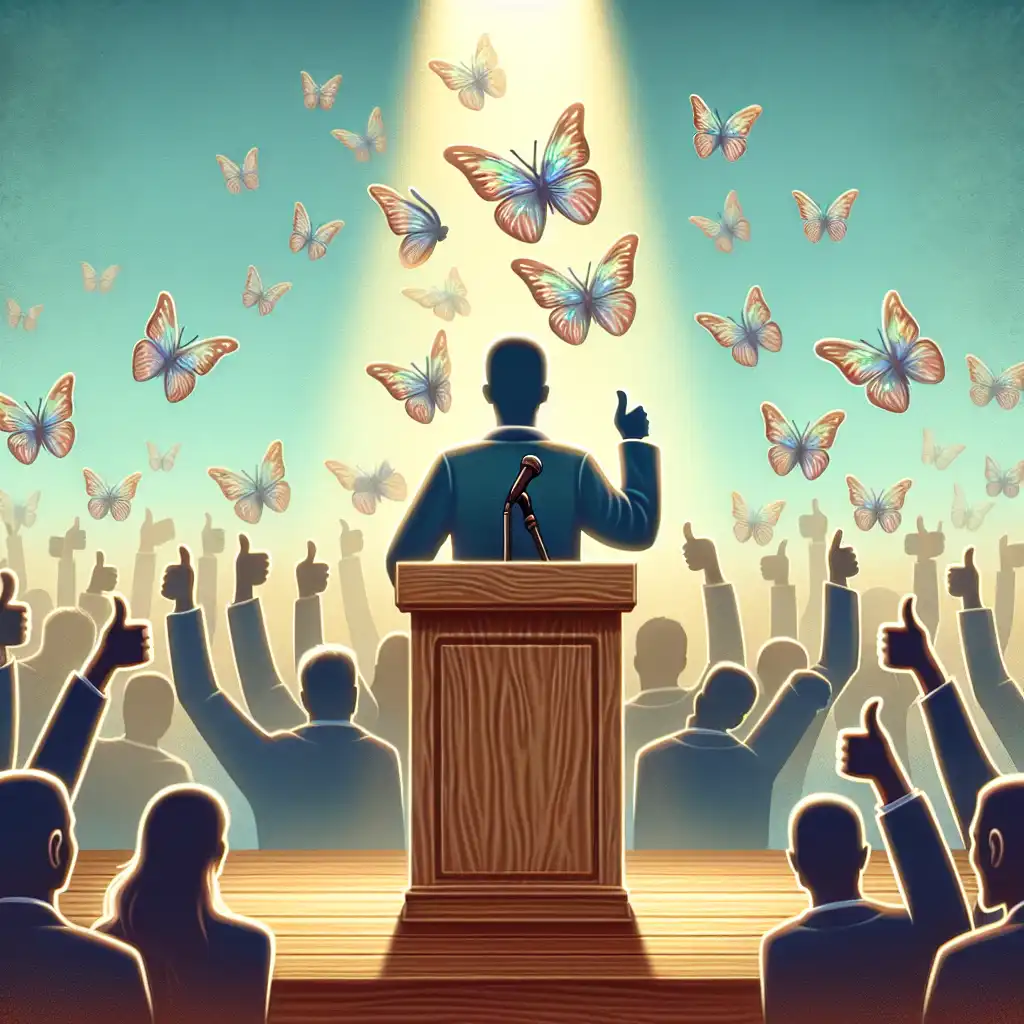
Jitters
Pre-Event Nervousness
Jitters typically describe the anxiety felt before a stressful event.  I've got the jitters about tomorrow's presentation.
I've got the jitters about tomorrow's presentation.
Not Always Negative
While usually linked to anxiety, jitters can also come from excitement.  He's got the jitters because he’s thrilled about the trip.
He's got the jitters because he’s thrilled about the trip.
Short-Term Feeling
The use of jitters usually implies a temporary state, not a long-term condition.  The jitters from her first speech didn't last long.
The jitters from her first speech didn't last long.